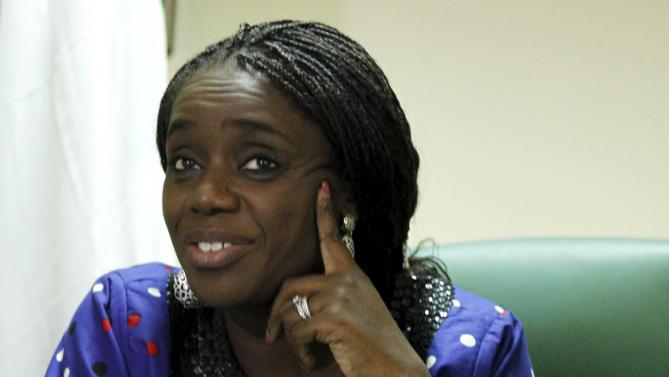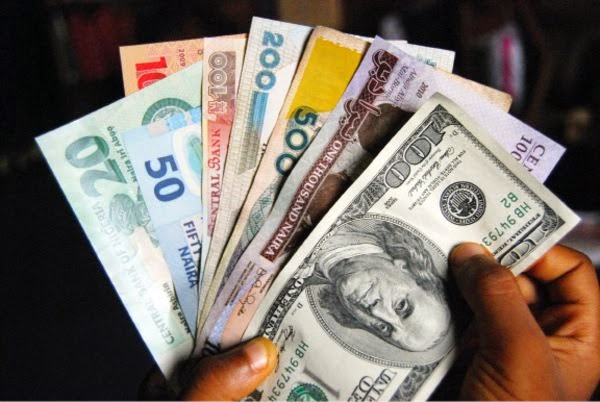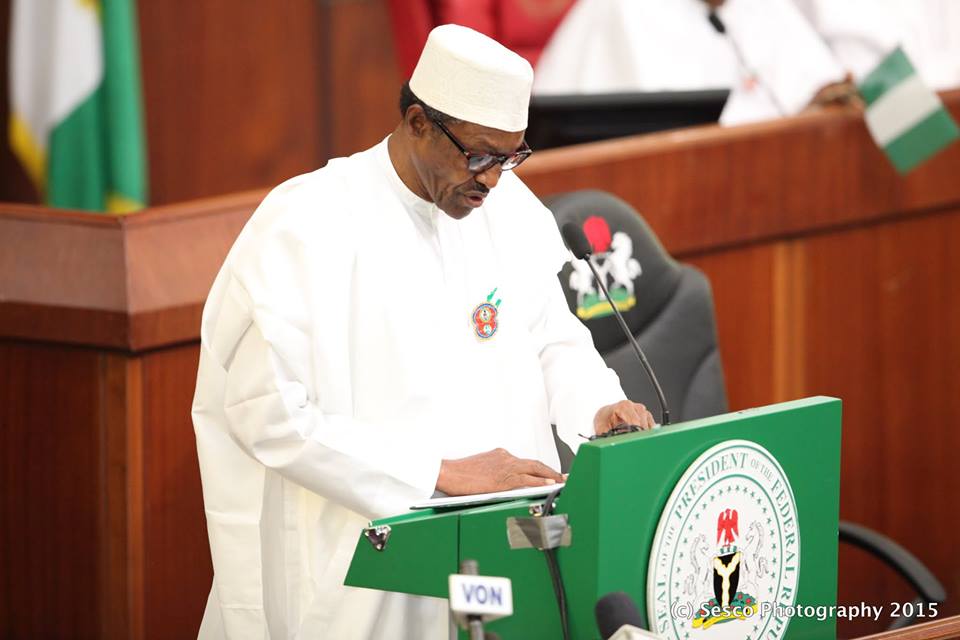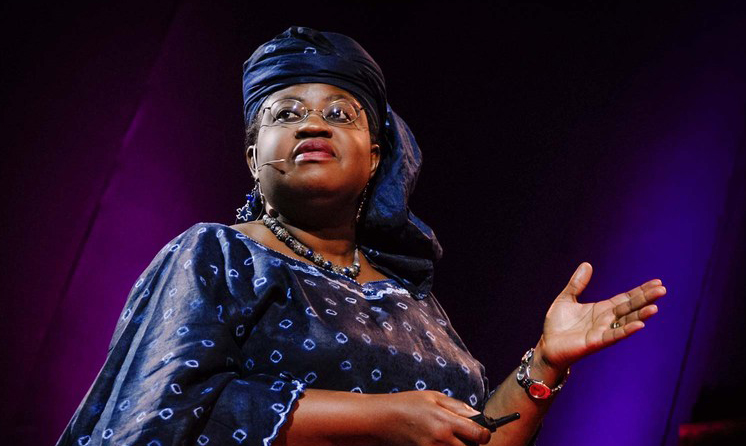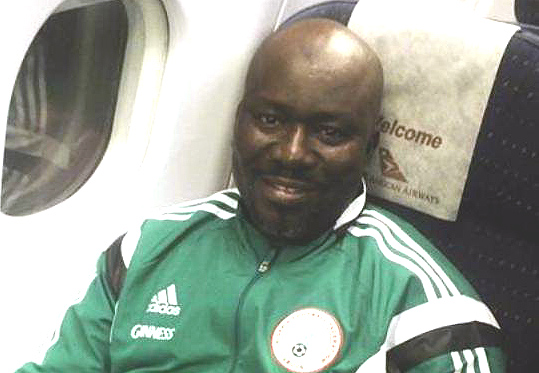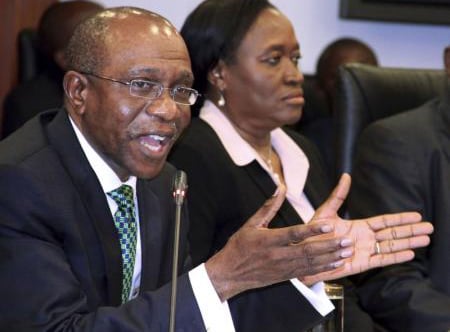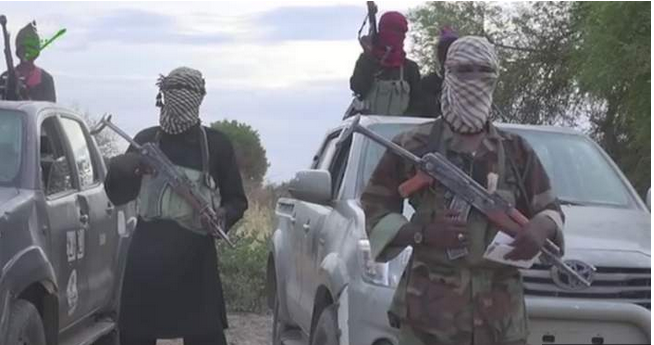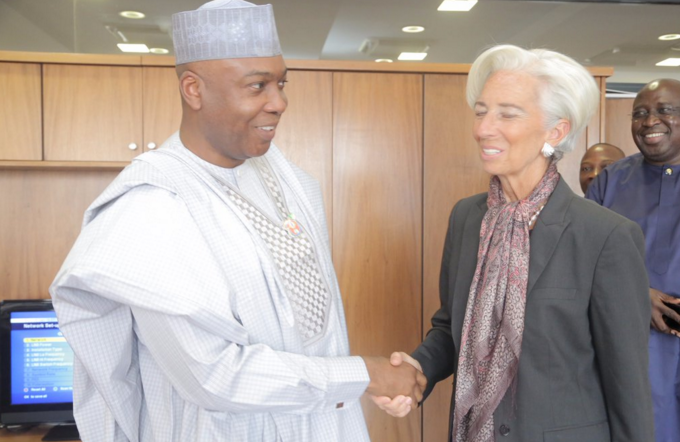The first trading day of 2016 came to an end with the Nigerian economy standing firm against reports of woes that preceded the 2015 general election. But how firm is Nigeria’s ‘firm’?
TheCable examines a few indices for measuring the broad state of the country’s economy, the investments on the stock markets, the economic decisions, the 2016 fiscal year budget and the position of the naira.
As at the first day of 2016, here is what we know about the Nigerian economy:
NAIRA WEAKER AT N265
Year 2015 was a terrific one for the naira, with the currency falling to a 42-year low in the course of the year. But 2016 opened on a bright note, as the naira traded at 263 over the weekend to open weaker at 265 against the greenback on the parallel market on Monday.
Advertisement
The interbank market opened after about 14 days of closure, to trade at N197 against the dollar on the official side.
The Central Bank of Nigeria (CBN) circular for the operations of Bureau De Change (BDC) operators is expected to put an end to street trading of forex and enforce stricter trading terms – that is still a mirage.
Advertisement
OIL PRICES OPEN WEAK
Nigeria benchmarked its 2016 budget at $38 per barrel of crude and would hope that oil prices soar to $38, $40 range within the year. But as at the close of business on Monday, brent crude traded at $37.19.
According to the CBN, Nigeria’s bonny light traded at $35.70 on the first trading day of the year 2016, with hope of better oil sales rising, from Saudi Arabia-Iran diplomatic tension, which saw WTI oil jump significantly to $37.90.
IMF boss, Christine Lagarde, is in the country to “listen” and “discuss the impact of falling oil prices” with President Buhari. We think it is no coincidence at all that she arrives the country on the first trading day of the year.
From 2014 to 2015, the OPEC basket price of oil moved from $96.57 to $49.64 respectively, losing over $46 in 12 months. That kind of oil decline cannot be recorded in 2016, where the price of oil is below $40, but IMF has it that oil may slump to $20 in 2016 – we are not there yet.
Advertisement
On the bright side of the economy, NNPC mega stations have begun the sale of petrol for N86 per litre, while other majors are also adhering to the N86.50 mark.
FOREIGN RESERVES
President Muhammadu Buhari made it clear at his maiden presidential media chat that he “personally” does not believe in devaluation of the naira, hence naira defence with the nation’s foreign reserves is set to continue in 2016.
As at the close of business on Monday, the foreign reserves stood at $29,069,779,152, as against $34 billion in January 2015.
Advertisement
IT’S A RED OPENING AT THE NIGERIAN STOCK EXCHANGE
The Nigerian stock exchange closed with a market capitalisation of N9,850,605,500,525.41 in 2015, having lost N3.4 trillion in the course of the year.
However, it opened January 2016 at N9,757,084,623,274.25, over N90 billion short of its 2015 closing value.
Advertisement
Oscar Onyema, chief executive officer of the Nigerian bourse, aims at a market cap of about N200 trillion at the end of 2015 and the opening of 2016, but reviewed the plans for 2019.
“The targeted 2016 capitalisation was set across five asset classes and would not be possible to achieve considering present realities. We no longer believe that it is possible to meet the target, given where we are today,” he said.
Advertisement
“But we believe that our new strategy up to 2019 has more realistic targets and we are approaching it now in a different perspective.”
With the cap at N9.76 trillion at the close of business on January 4, 2016, Onyema may review the plans again or remain optimistic with the outlook.
Advertisement
RAYS OF HOPE
With everything seeming bleak at the open of business in 2016, President Muhammadu Buhari remains resolute in his claims that although the times are hard, the country will experience positive changes.
“Fellow Citizens, welcome to the beginning of a New Year of the continuation of CHANGE in our beloved nation, I am aware that Nigerians have experienced a number of significant hardships over the past months,” Buhari said in his new year message.
“Living in the State House has not alienated me from your daily sufferings. I am aware of the lengthy queues at fuel stations and of the difficulties businesses have faced in acquiring foreign exchange. These challenges are only temporary; we are working to make things better.
“There is much work to do in other areas as well and I have charged all my ministers and other appointees to ensure that Nigerians experience positive changes in their lives in 2016”.
Nigerians must hope that 2016 becomes a better business year than 2015 was.
Add a comment

